Are you curious to hear what music created by Artificial intelligence (AI) sounds like? If so, then you have come to the right place! AI Music involves a combination of sophisticated algorithms and techniques combined with creativity from the researcher or engineer. This blog post will dive into the creative process behind creating AI composed music and examine some of its defining features.
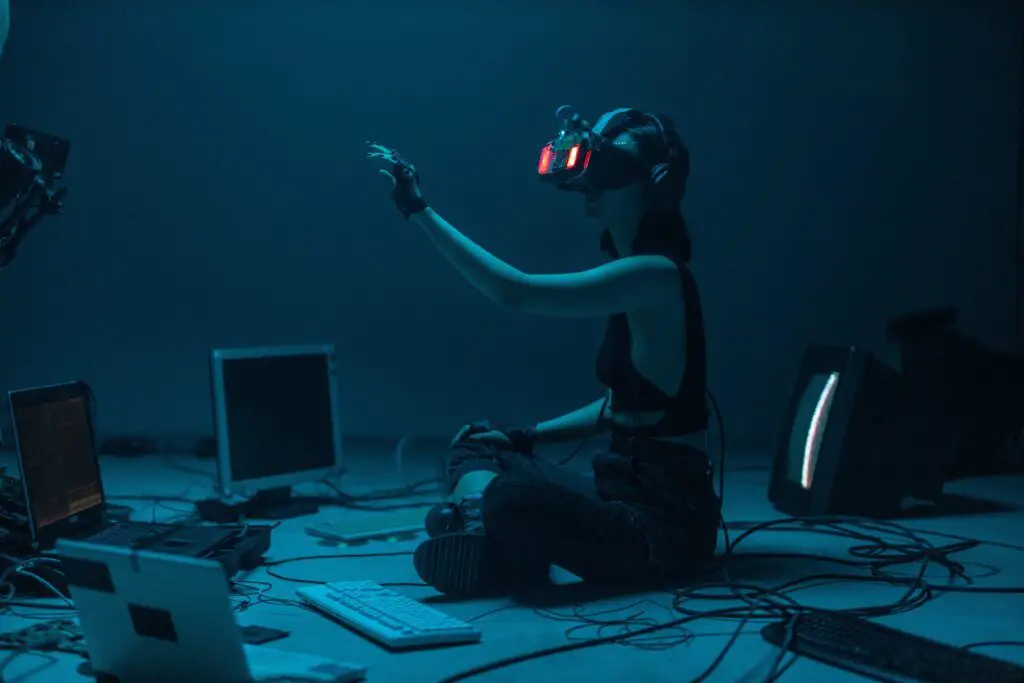
Whether you are a novice interested in exploring new developments within the world of technology or a more experienced creator looking for an introduction to automated musical composition or are just curious to know, can AI make music? This article is your guide!
Overview Of Artificial Intelligence Music
Artificial Intelligence has already revolutionized many aspects of our daily lives, from virtual assistants to self-driving cars. And now, we can add music to the list too.
With the introduction of AI created music, we are witnessing a new era of creativity and innovation. AI music can produce unique and captivating songs no longer restricted by human limitations.
From composing to producing, AI music offers a seamless experience that pushes the boundaries of what we thought was possible. It’s exciting to think about how much further technology can take us in the world of music.
Analyzing the Different Genres of AI Music
Technology has come a long way in the music industry with the rise of AI creating music. AI music is making waves throughout the industry, from emotional ballads to catchy tunes.
However, not all AI music is created equal, as there are different genres of AI in music. Analyzing each genre is essential to understanding AI and music’s capabilities and appreciating the array of sounds it can produce.
Whether you’re a classical music lover or a jazz fan, there’s an AI-generated tune for everyone. It’s fascinating to see how far technology has come in creating music, and we can’t wait to see what the future holds.
Examining AI And Music | How AI Music is Created?
Artificial intelligence has revolutionized the music industry in recent years, allowing musicians to create complex and thought-provoking pieces of music entirely through technology.
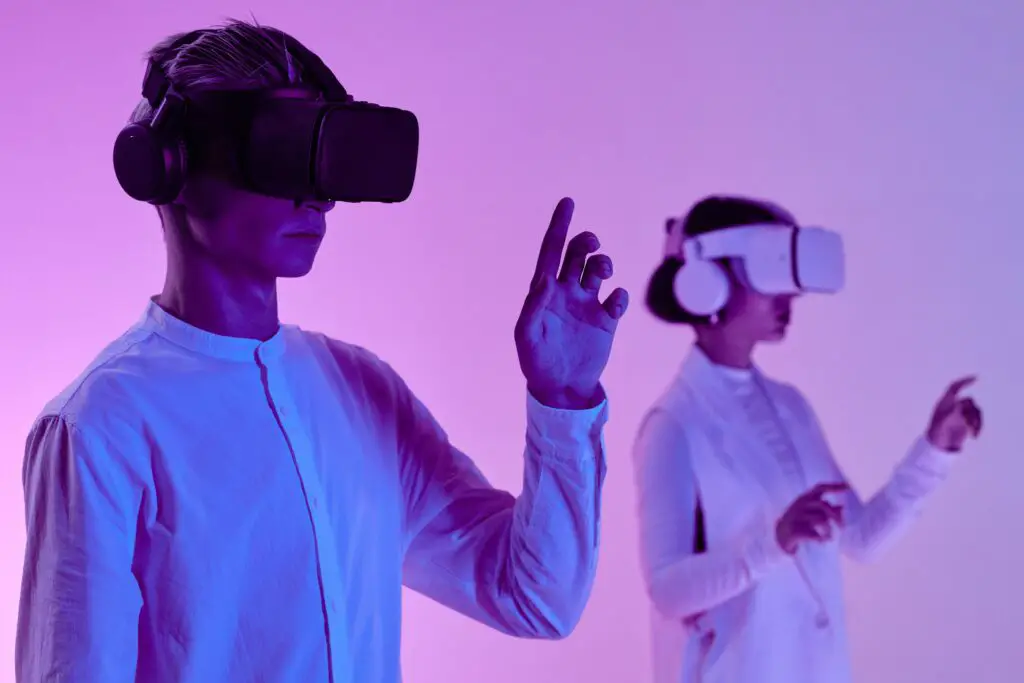
AI has been programmed to analyze thousands of pieces of music to recognize patterns and synthesize new melodies, helping local musicians create new and unique sounds.
Additionally, the technology has helped streamline the composition process, allowing musicians to complete songs much more quickly.
With AI music, there’s no more writer’s block, and creativity can flow freely. The potential of AI music is limitless, and it’s exciting to see where it will take us in the future.
Exploring the Different Types of AI Music
From computer-generated symphonies to AI-powered playlists, the world of AI music is constantly evolving. With technological advances, we can now witness the creation of an infinite variety of musical compositions.
AI music is fascinating because it can blend different genres and styles to create something new. Whether it’s classical music, jazz, or even pop, the possibilities of music making with artificial intelligence are endless.
Each kind of AI music has unique qualities that make it special, and with so many options, we can expect to hear more and more AI-generated music in the years to come.
- Generative Music
Generative music is a fascinating concept that involves algorithms and code to create unique, ever-changing musical experiences. It’s not just about pressing a button and listening to a repetitive beat.
Instead, generative music can be customized to provide an experience tailored to your preferences. It’s a great way to discover new sounds and explore different genres while enjoying an immersive auditory experience.
With generative music, you can sit back, relax, and let the algorithm take you on an unexpected and captivating musical journey.
- Interactive AI Music
Interactive AI music is taking the world by storm, offering a unique and exciting way to experience music. Through the power of artificial intelligence, listeners can now become more than just passive listeners but active creators themselves.
Using AI algorithms, musicians can interact with their audience to create personalized and dynamic music. With this technology, music can evoke feelings, tell stories, and connect emotionally with the listener.
This revolutionary technology continues to push the boundaries of what we once believed possible in the world of music, paving the way for an even more immersive and interactive musical experience.
- Virtual Instruments
As technology progresses, virtual instruments’ capabilities are becoming increasingly impressive. These digital versions of instruments, from pianos to synthesizers, offer a wide range of sound options and customization that can enhance any recording or live performance.
Not only do virtual instruments save space and money, but they also allow for experimentation and creativity, providing musicians with endless possibilities for their sound.
With the ability to easily access and switch between different instruments and sounds with just a few clicks, virtual instruments have revolutionized the music industry and opened up new avenues for artists.
Tips For Music Created By AI
Creating AI music may seem challenging at first, but with the right tips and tools, it can be an enjoyable experience:
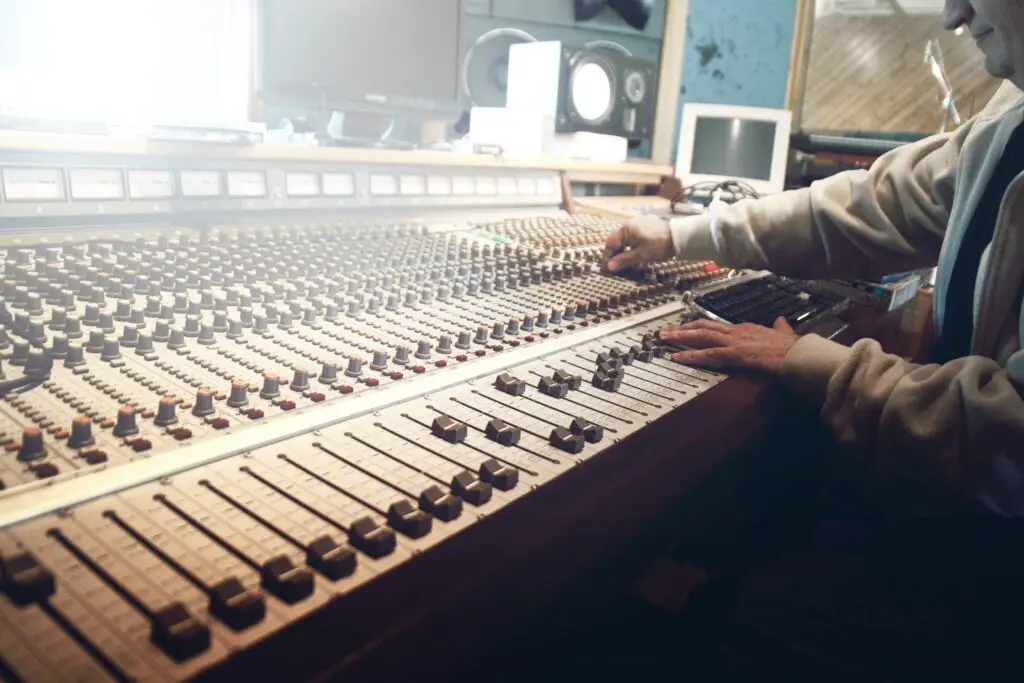
- It’s essential to clearly understand the genre or style of music you want to create. This can help you choose the appropriate tools and software to create sounds and melodies.
- Experimenting with different AI music platforms can help you discover new techniques and sounds for your music.
- Don’t be afraid to collaborate with others, whether it be with fellow musicians or AI developers.
Collaborating can help you achieve a unique, polished sound that sets your music apart. These tips allow you to confidently and creatively dive into AI music creation.
Benefits of AI in the Music World
Artificial intelligence integration in the music industry has been a game-changer in recent years. Using artificial intelligence to create music may initially seem daunting, but the benefits cannot be denied.
It has brought numerous benefits, outstripping the limitations of human capability. AI has streamlined music creation by making the production process faster and more efficient. The technology also aids in generating new creative ideas for music producers, enhancing the quality of music.
With AI’s implementation, music recommendations to customers have become more personalized. Also, AI can create music without limitations, unlike human composers, who may have certain inherent biases or tendencies. Additionally, songs made by AI can enhance other creative endeavors- such as film, video games, and advertisements- by providing a customizable and affordable soundtrack.
In a nutshell, it is a powerful tool that can analyze listening patterns and track preferences that can assist in tailoring playlists to the listener’s taste. Furthermore, AI has been instrumental in artist development, managing data analytics, and predicting music trends.
Overall, as the music industry continues to evolve, it is an exciting time to observe the impact of AI on the future of music production and consumption. Also, no matter what the method, Artificial Intelligence in music production has the potential to revolutionize the way we approach music creation and consumption. It’s exciting to think about the possibilities in this exciting field.
How Technology Impacts the Creation of AI Music
As technology advances rapidly, it’s no wonder we’re starting to see more and more examples of artificial intelligence in our daily lives. One particularly interesting application is in the creation of AI music.
By analyzing patterns and trends in existing music, AI algorithms can create new pieces that sound eerily similar to something a human composer might produce.
Plus, with the ability to produce, remix, and even perform music, the potential uses for AI-generated soundscapes are virtually limitless. It’s no wonder musicians, and tech enthusiasts are keeping a close eye on this exciting new field.
Deep Learning for AI Music & Composition
Music has always been an integral part of our lives since ancient times. With the advent of Artificial Intelligence (AI), it has found new and innovative ways to connect with music lovers.
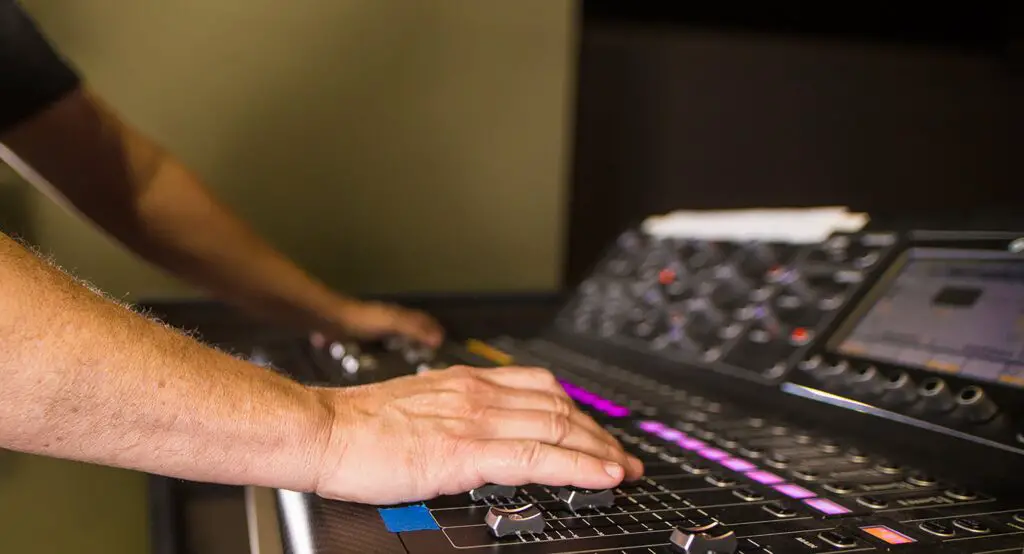
Deep Learning is a technology revolutionizing the music industry by enabling machines to learn and compose music like never before. It has the potential to bring out the hidden creativity in a machine and make it create music that truly resonates with listeners. With deep Learning, the future of AI music and composition looks bright and exciting.
Its ability to identify hidden patterns in music and create unique pieces offers endless possibilities, making us wonder about the endless opportunities in music with AI technology.
Algorithmic Approaches in AI Music Production
As technology advances, we see an increasing number of applications for artificial intelligence in various industries. In the world of music production, it’s no different. With the help of algorithmic approaches in AI music production, we can create unique melodies and harmonies that we may not have previously thought possible.
Using these techniques, we can analyze patterns within music and predict what might come next, leading to exciting and unexpected outcomes. As this technology evolves, the possibilities for AI music production are endless, and we can’t wait to see what the future holds.
Exploring Different Aspects of AI Music Creation
Artificial Intelligence has revolutionized the world of music creation in ways we never thought possible.
AI technology allows us to explore new frontiers and experiment with an endless range of sounds, melodies, and harmonies. AI in music creation has enabled composers to produce dynamic and personalized music, catering to individual listeners’ tastes and preferences.
From creating original compositions to arranging existing ones, AI has made it possible to explore different aspects of music creation in a new way. With so much potential and creativity at our disposal, it’s fascinating to see the future of AI-powered music creation.
- Generating Melodies with Neural Networks
Over the years, music and technology have intertwined in fascinating ways to create new forms of artistic expression. One such example is using neural networks to generate melodies.
Neural networks are computer systems that can learn and adapt like the human brain. By feeding them existing melodies, they can generate new ones that are unique and pleasing to the ear. This innovative use of technology has opened up new possibilities for musicians and music enthusiasts.
With the potential for endless variations and combinations, the possibilities for creating new and exciting music are genuinely limitless.
- Creating Rhythms & Beats with Recurrent Neural Networks
Music has always been an integral part of our lives, and with technological advancements, the possibilities of creating new beats and rhythms are endless.
Recurrent Neural Networks have emerged as a powerful tool in this regard. With RNNs, music creators can generate unique and creative beats that are catchy and innovative. These networks use a combination of past and present input to create patterns and rhythms that are coherent and seamless.
It’s like having your AI composer working tirelessly to create the perfect beat for your next track. Whether you’re a seasoned musician or just starting, RNNs can help take your music creation to the next level.
- Processing Audio Signals with Convolutional Neural Networks
Advancements in Artificial Intelligence have enabled machines to process vast amounts of data, including speech and audio signals. The field of signal processing is now dominated by Convolutional Neural Networks (CNNs), which have proven effective in extracting complex features from complex data.
In the case of audio signal processing, CNNs have shown promise in identifying patterns that allow machines to classify sounds like speech, music, or environmental noise with high accuracy.
With the ability to learn from vast amounts of data, using CNNs in audio processing is expected to revolutionize the field of automated sound recognition, paving the way for new applications in speech recognition, music analysis, and noise cancellation.
Applications of Deep Learning in Autonomous Music Systems
As technology continues to advance rapidly, make deep learning applications in various industries. One such field that has seen significant progress and innovation with the implementation of deep Learning is autonomous music systems.
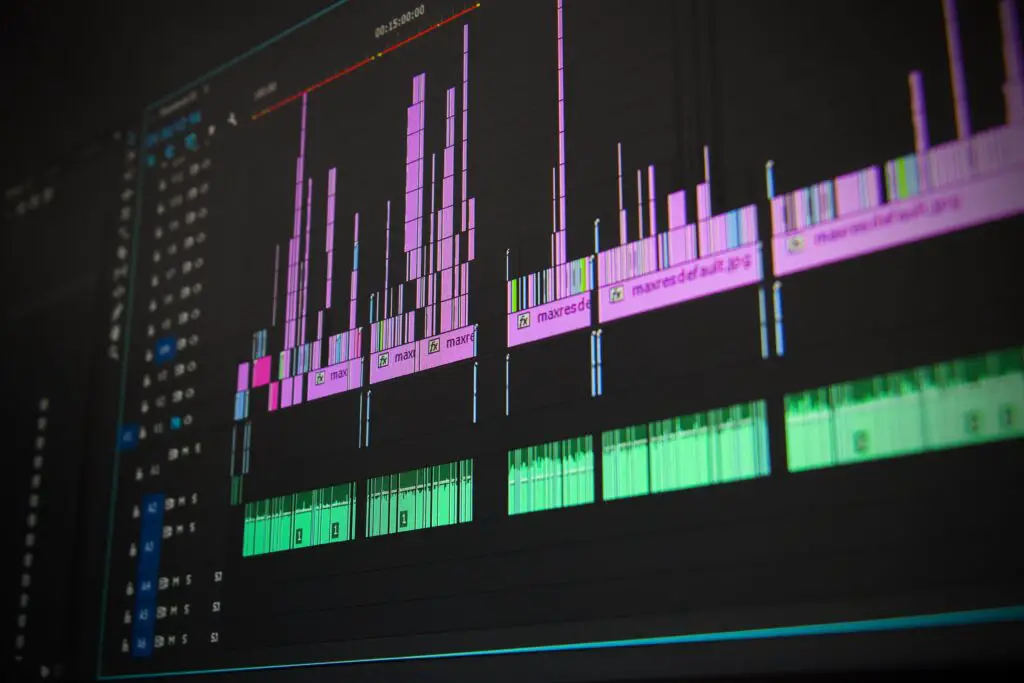
Whether it be in the creation of personalized playlists or the generation of entirely new compositions, deep learning algorithms have revolutionized the way we interact with and consume music. With the ability to analyze large amounts of data and identify patterns, these systems can learn and adapt to user preferences, creating a truly personalized and immersive musical experience.
As this technology continues to evolve, it will undoubtedly play a crucial role in shaping the future of music consumption and creation.
Challenges in Implementing Artificial Intelligence for Music Composition
Artificial Intelligence (AI) has taken the world by storm and has shown incredible potential in various areas of our lives.
Music composition is no exception, and AI is becoming increasingly popular in creating melodies and even entire musical pieces. However, there are still several challenges to overcome in implementing AI for music composition. One major obstacle is creating an AI system that can understand the nuances and complexities of music.
Another challenge is developing an AI system that can mimic the creativity and emotional depth that human composers bring to their work.
Despite these hurdles, researchers and musicians alike are still pushing forward in the pursuit of creating groundbreaking AI technology in the music industry.
Final Word
Artificial intelligence in music has revolutionized the industry and opened up a world of possibilities for creators. Its capabilities are ever-evolving, and with each new development, many options arise for aspiring artists and composers.
From mastering complex techniques to creating entirely new styles, artificial intelligence is helping bring music production into the 21st century.
Although AI written music is still in its infancy, it’s clear that it’s here to stay – and likely to become even more advanced in the years to come. For us, as creators, fans, and members of society, to take full advantage of this technology, we need to understand what AI can do and explore ways to use it responsibly.
By doing so, we can unlock its true potential and continue to model our creative endeavors on the foundation laid before us.




